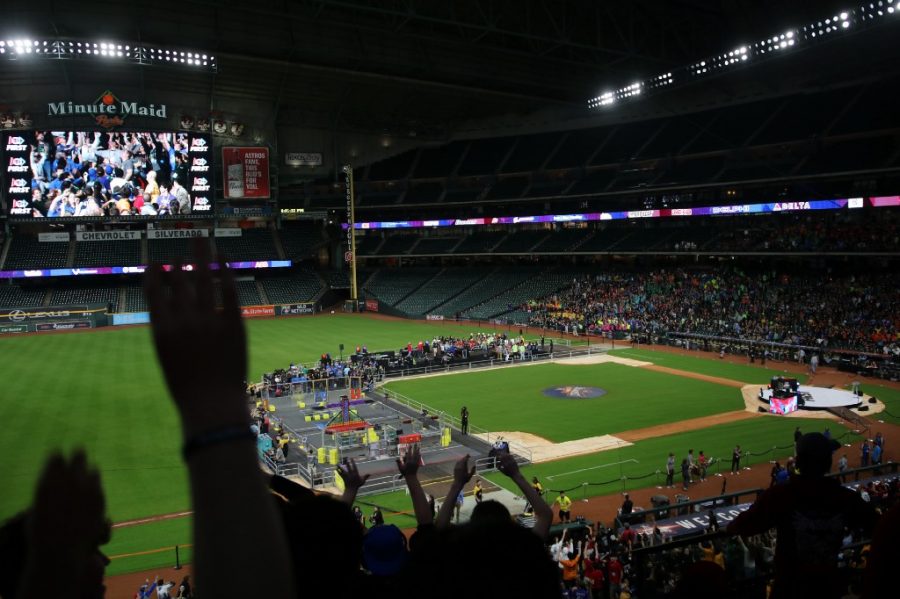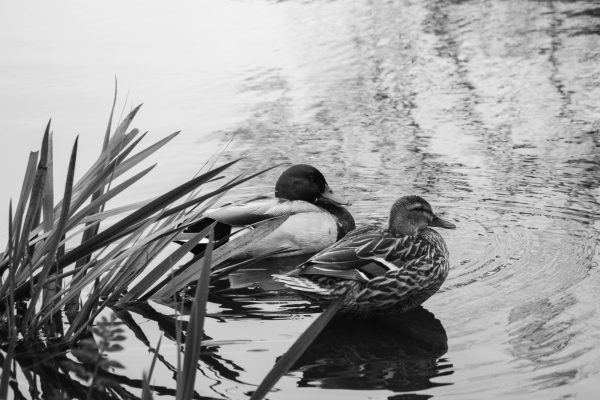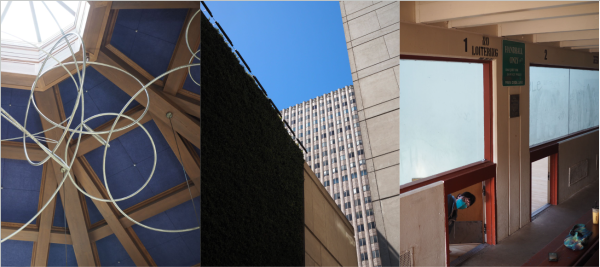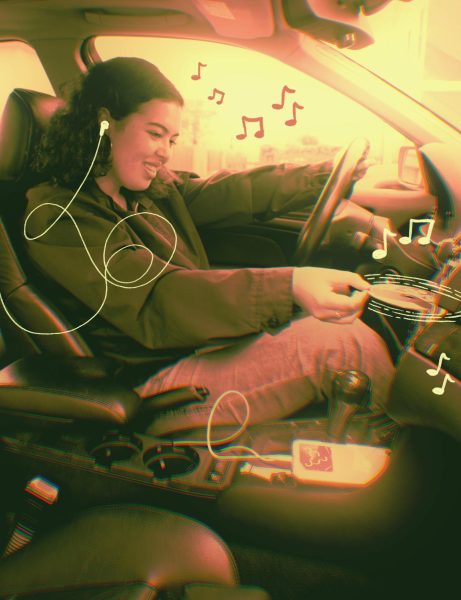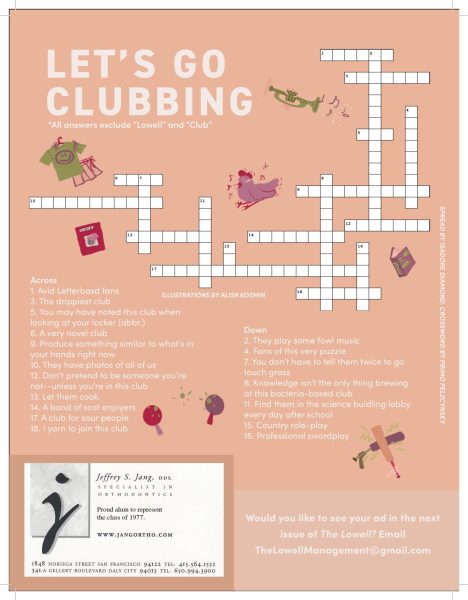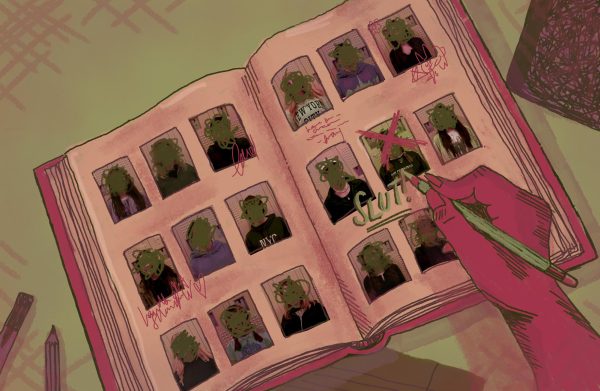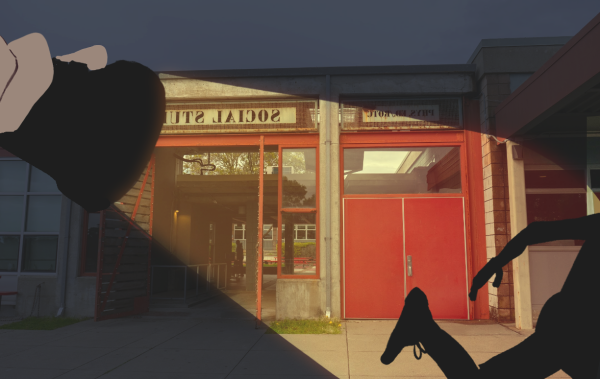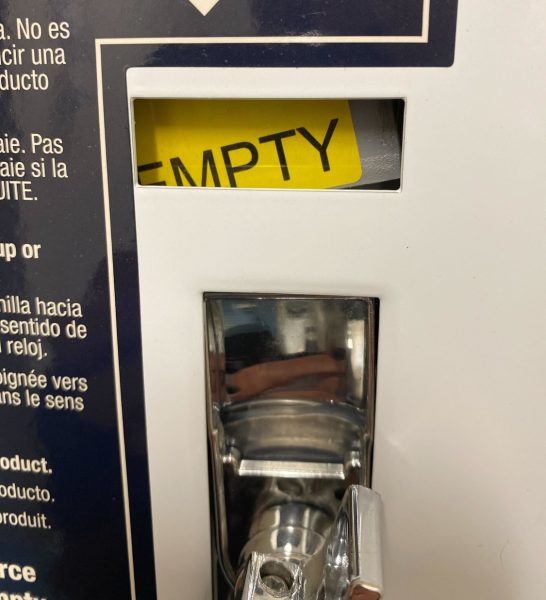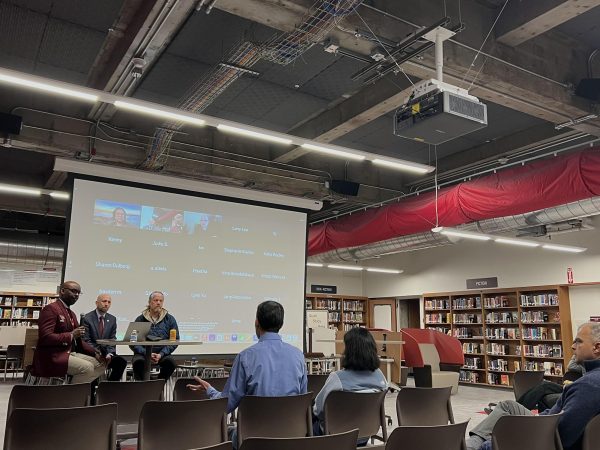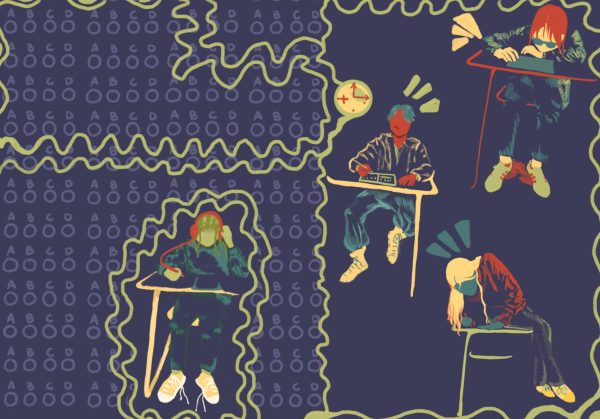Lowell robotics’ success take them to Houston
Emma Blenkinsop, the incoming president of CardinalBotics, observes the team’s performance. Photo courtesy by Naomi Chao
For the first time since 2013, the Lowell robotics team was a finalist at the Silicon Valley Regional with a rank of 25 out of 60 teams competing at the event. As a finalist, the team was selected for a wild card position to compete at the For Inspiration and Recognition of Science and Technology (FIRST) Robotics Championship in Houston, Texas.
Although this is not the first time the CardinalBotics team has been to the championships, this is the first time in five years that they were selected to compete in Houston strictly based on the robot’s performance, an accomplishment they are proud of. In past years, the team earned a spot at championships by winning awards for their outreach events to inspire STEM throughout the community.
CardinalBotics president senior Dominic Nocon didn’t know what to expect going into regionals. However, he and his team knew that being chosen for a high-ranking alliance, which is a group of three teams that compete together, was a good sign. “Going to championships is still really out there and I didn’t want to jinx anything,” he said. “But when we did get picked to become part of the second-seat alliance, I knew that we were probably going to go to champs.”
In order to be desirable as an alliance partner and increase their chances of making it into championships, the team decided to specialize their robot in specific tasks, such as stacking milk crates. After the team designed many prototypes, they decided to focus on building Rafiki, a 120-pound robot, with the aim to complete the “vault” and “switch” portion of the challenge more quickly and efficiently.
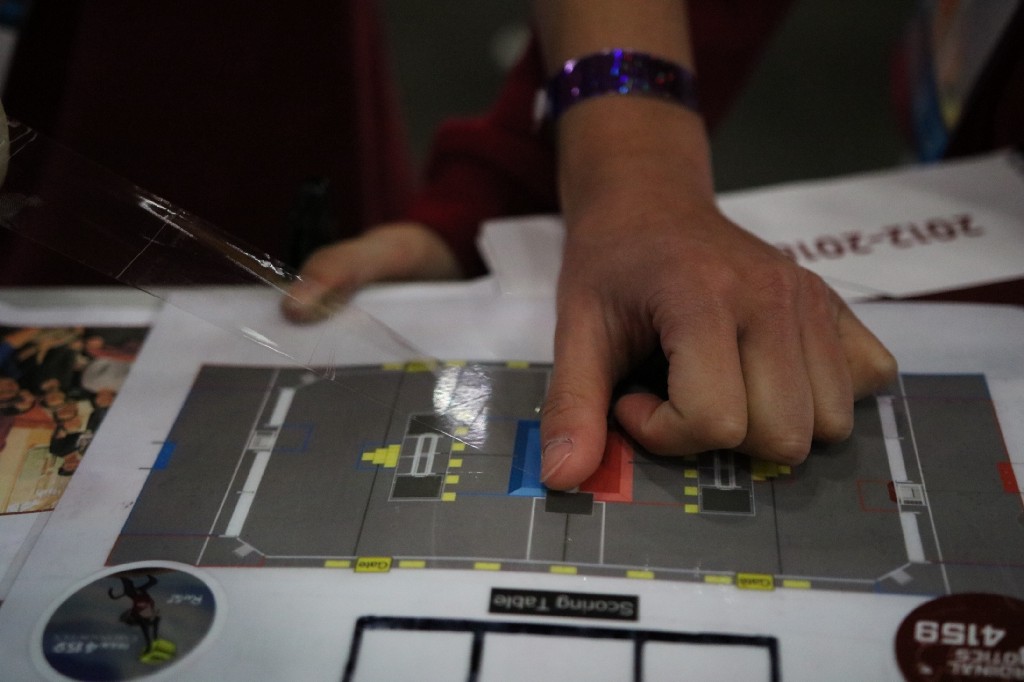
The CardinalBotics’ drive team is also a main contributor to the team’s success during matches. “We know what everybody else is thinking at the same time,” said Nocon. Comprised of a primary driver (in this case Nocon), secondary driver, coach, and human player, the four members of the drive team must cooperate and work together to operate the robot, which is crucial to winning a match. Besides the drivers and builders of the robots, there are roles in graphic design and public relations where members work on anything from designing media to writing grants and talking to judges or corporate officials. These roles are often underrepresented, yet they allow the team to go beyond just building and driving a robot.
Although Nocon and junior Emma Blenkinsop, the incoming president of CardinalBotics, knew they would be facing previous world champions, they had high expectations for the team once they made it to Houston. “It was competitive, but we had high hopes and we wound up doing quite well,” Blenkinsop said.
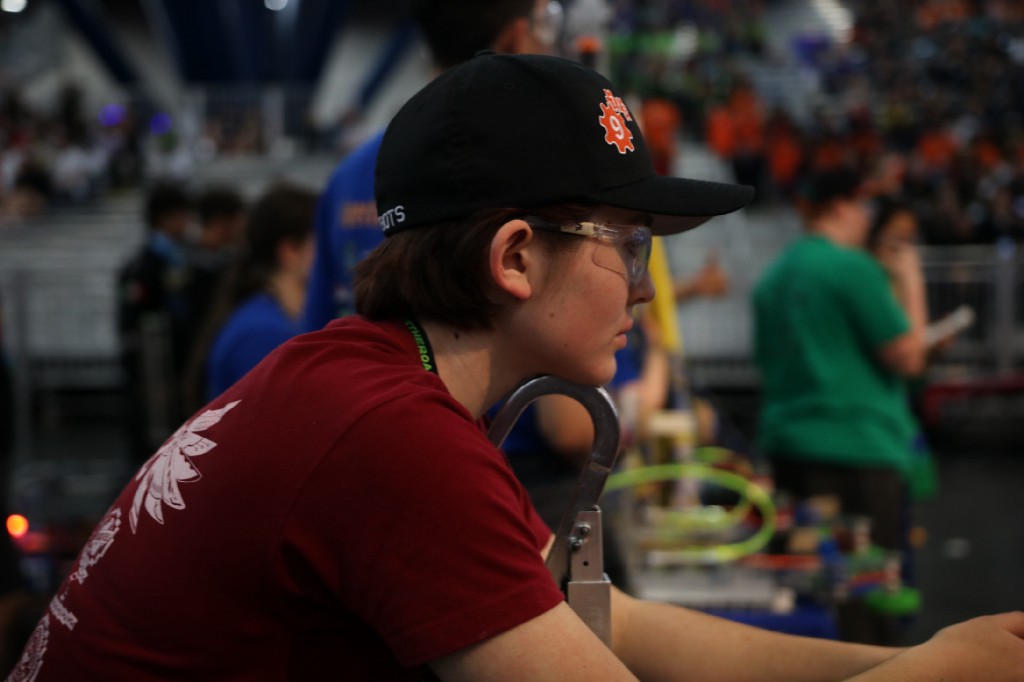
Overall, Nocon and Blenkinsop are satisfied with the team’s performance this year. “I think we did our best,” Blenkinsop said. “Our robot did exactly what it was designed to do. Of course we’re striving to get better, to eventually win events — but making it to finals, to alliances at events where you have world champions facing off, we’re quite happy with that.” Although the CardinalBotics did not make it to the elimination rounds, Nocon felt that the team had done their best and performed much better than in past years, finishing with a rank of 21 out of 67 teams in the Roebling Division. After thousands of combined hours working on the robot, the team’s effort finally paid off. “It just shows that our hard work is going somewhere and everybody who helped made a difference,” Nocon said.
Aside from the experience of competing in matches, CardinalBotics is grateful for the opportunity to learn from the other teams and work better together. “You could see how there are hundreds of different ways people have made robots for this game challenge and just to see the evolution and to see how similar ideas work really well,” Nocon said. Nocon and Blenkinsop both considered meeting teams from all over the world as one of their most memorable experiences. “Once you get to the venue, the energy there is just crazy, since there’s people from all over and you’re randomly placed,” Blenkinsop said. “So you might have a team from Washington on one side of you and a team from Israel over there.”
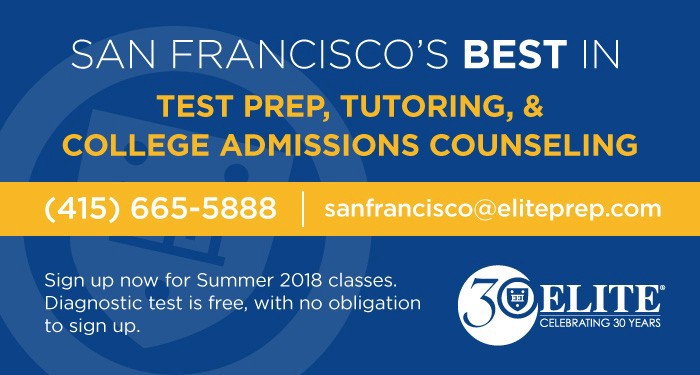
Although Nocon will no longer be on the team next year, he is confident that CardinalBotics will make the championship next year and return to Houston. He hopes that the team will continue to improve, and by receiving more recognition and funding from the school as well as finding more sponsors and mentors, expand the robotics program at Lowell to more students through their outreach events.


